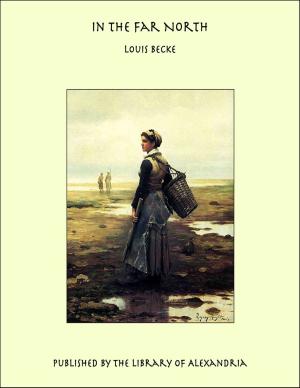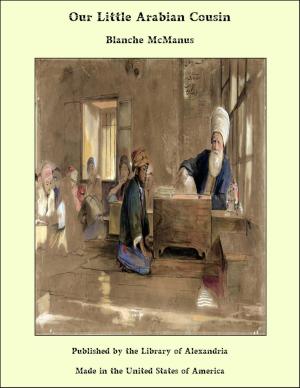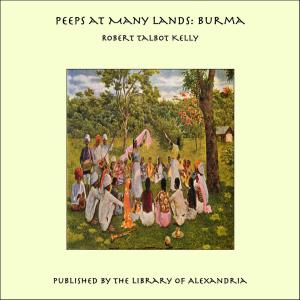Slave Narratives: A Folk History of Slavery in the United States From Interviews with Former Slaves Indiana Narratives
Nonfiction, Religion & Spirituality, New Age, History, Fiction & Literature| Author: | United States Work Projects Administration | ISBN: | 9781465612076 |
| Publisher: | Library of Alexandria | Publication: | March 8, 2015 |
| Imprint: | Language: | English |
| Author: | United States Work Projects Administration |
| ISBN: | 9781465612076 |
| Publisher: | Library of Alexandria |
| Publication: | March 8, 2015 |
| Imprint: | |
| Language: | English |
George W. Arnold was born April 7, 1861, in Bedford County, Tennessee. He was the property of Oliver P. Arnold, who owned a large farm or plantation in Bedford county. His mother was a native of Rome, Georgia, where she remained until twelve years of age, when she was sold at auction. Oliver Arnold bought her, and he also purchased her three brothers and one uncle. The four negroes were taken along with other slaves from Georgia to Tennessee where they were put to work on the Arnold plantation. On this plantation George W. Arnold was born and the child was allowed to live in a cabin with his relatives and declares that he never heard one of them speak an unkind word about Master Oliver Arnold or any member of his family. "Happiness and contentment and a reasonable amount of food and clothes seemed to be all we needed," said the now white-haired man. Only a limited memory of Civil War days is retained by the old man but the few events recalled are vividly described by him. "Mother, my young brother, my sister and I were walking along one day. I don't remember where we had started but we passed under the fort at Wartrace. A battle was in progress and a large cannon was fired above us and we watched the huge ball sail through the air and saw the smoke of the cannon pass over our heads. We poor children were almost scared to death but our mother held us close to her and tried to comfort us. The next morning, after, we were safely at home ... we were proud we had seen that much of the great battle and our mother told us the war was to give us freedom." "Did your family rejoice when they were set free?" was the natural question to ask Uncle George. "I cannot say that they were happy, as it broke up a lot of real friendships and scattered many families. Mother had a great many pretty quilts and a lot of bedding. After the negroes were set free, Mars. Arnold told us we could all go and make ourselves homes, so we started out, each of the grown persons loaded with great bundles of bedding, clothing and personal belongings. We walked all the way to Wartrace to try to find a home and some way to make a living."
George W. Arnold was born April 7, 1861, in Bedford County, Tennessee. He was the property of Oliver P. Arnold, who owned a large farm or plantation in Bedford county. His mother was a native of Rome, Georgia, where she remained until twelve years of age, when she was sold at auction. Oliver Arnold bought her, and he also purchased her three brothers and one uncle. The four negroes were taken along with other slaves from Georgia to Tennessee where they were put to work on the Arnold plantation. On this plantation George W. Arnold was born and the child was allowed to live in a cabin with his relatives and declares that he never heard one of them speak an unkind word about Master Oliver Arnold or any member of his family. "Happiness and contentment and a reasonable amount of food and clothes seemed to be all we needed," said the now white-haired man. Only a limited memory of Civil War days is retained by the old man but the few events recalled are vividly described by him. "Mother, my young brother, my sister and I were walking along one day. I don't remember where we had started but we passed under the fort at Wartrace. A battle was in progress and a large cannon was fired above us and we watched the huge ball sail through the air and saw the smoke of the cannon pass over our heads. We poor children were almost scared to death but our mother held us close to her and tried to comfort us. The next morning, after, we were safely at home ... we were proud we had seen that much of the great battle and our mother told us the war was to give us freedom." "Did your family rejoice when they were set free?" was the natural question to ask Uncle George. "I cannot say that they were happy, as it broke up a lot of real friendships and scattered many families. Mother had a great many pretty quilts and a lot of bedding. After the negroes were set free, Mars. Arnold told us we could all go and make ourselves homes, so we started out, each of the grown persons loaded with great bundles of bedding, clothing and personal belongings. We walked all the way to Wartrace to try to find a home and some way to make a living."















